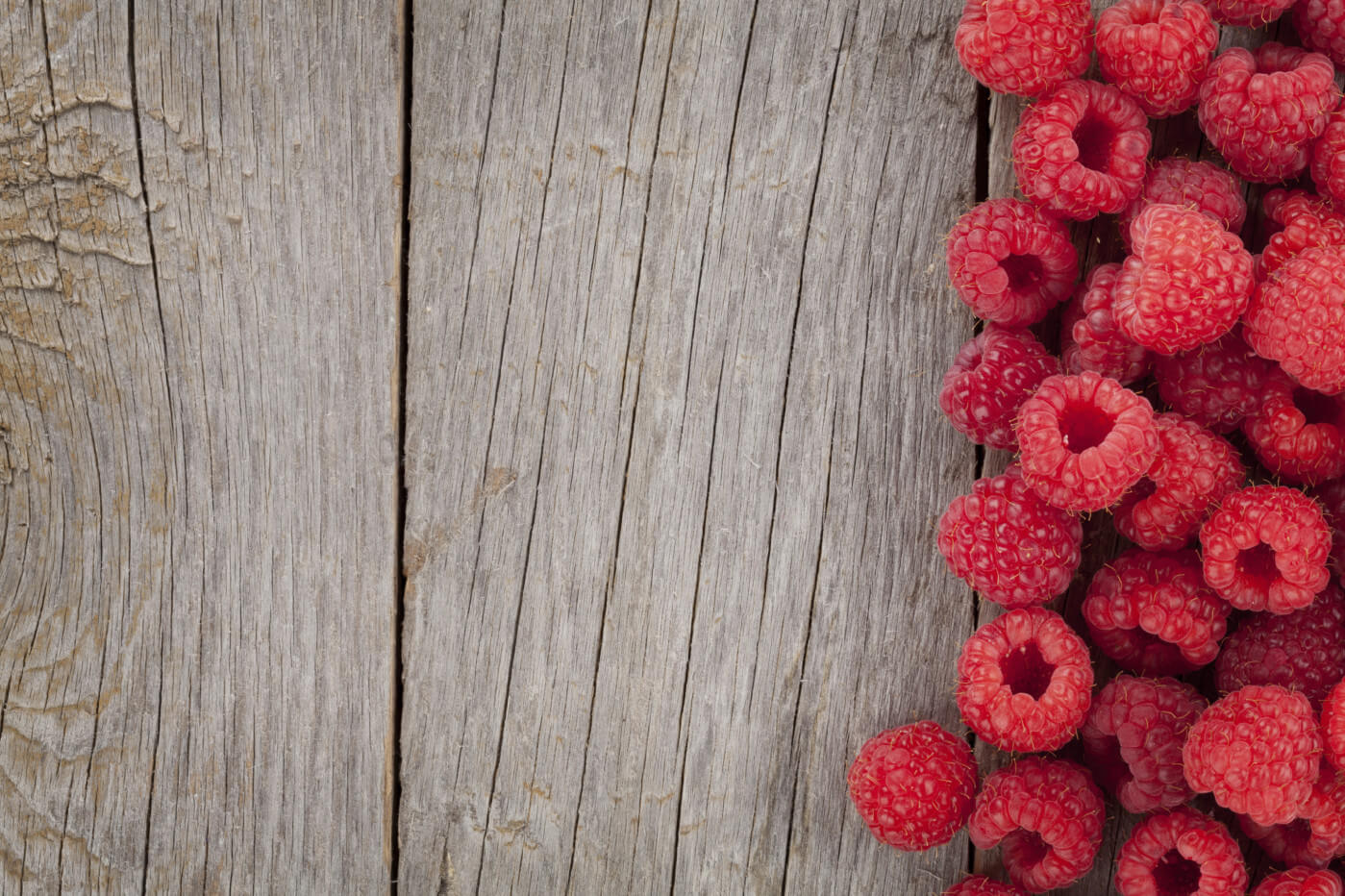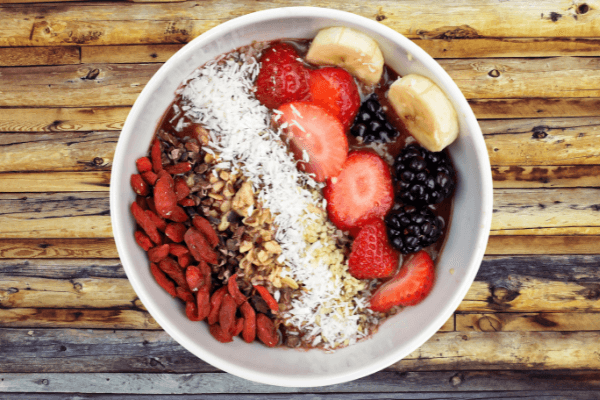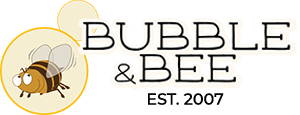How to Detox from Glyphosate
 Let's talk about how to detox from glyphosate and other chemicals. But first, a quick summary of glyphosate's uses and reasons and potential health risks.
Let's talk about how to detox from glyphosate and other chemicals. But first, a quick summary of glyphosate's uses and reasons and potential health risks.
Glyphosate, aka Roundup, is one of the most widely-used and controversial environmental pollutants in our society today. The EPA estimates that 280 million pounds of Roundup is applied to land every year. (Source) The herbicide is used not only to control weeds but for alternative purposes, like ripening wheat to maximize its flour-making capabilities. (Source)
Some research has linked glyphosate with endocrine-disrupting and estrogen-mimicking activity that may affect affect fertility not only for those exposed to the chemical, but for their children and grandchildren.
 "Moreover, multigenerational effects have been reported and epigenetic mechanisms have been proved to be involved in the alterations induced by the herbicide." (Source)
"Moreover, multigenerational effects have been reported and epigenetic mechanisms have been proved to be involved in the alterations induced by the herbicide." (Source)
Scientists have also found glyphosate to be a "probable carcinogen" and to be responsible for creating inflammatory responses in the body. (Source)
Glyphosate exposure may be to blame for celiac disease and other wheat intolerances. Celiac disease is characterized by a an impairment digestive enzyme called P450. When P450 isn't functioning properly, the body has a harder time detoxifying cells, "detoxifying environmental toxins, activating vitamin D3, catabolizing vitamin A, and maintaining bile acid production and sulfate supplies to the gut." Glyphosate is known to inhibit cytochrome P450 enzymes. (Source)
Deficiencies in tryptophan, tyrosine, methionine and selenomethionine associated with celiac disease match glyphosate's known depletion of these amino acids. Celiac disease patients have an increased risk to non-Hodgkin's lymphoma, which has also been implicated in glyphosate exposure. Reproductive issues associated with celiac disease, such as infertility, miscarriages, and birth defects, can also be explained by glyphosate. (Source)
Some studies have found that something other than gluten may be to blame for the effects of celiac disease and gluten intolerance, and that something else is inducing the symptoms. Glyphosate has been found to inhibit a metabolic pathway of plants and bacteria called the shikimate pathway. This affect on the microbiota of the gut may be to blame for glyphosate's suspected harm to digestion. (Source)
How to Detox from Glyphosate
Now for the the good news -- you can "detox" from glyphosate and protect yourself from its effects. It has been found that the liver has the ability to detoxify itself from glyphosate. (Source)
 Reduce Exposure
Reduce Exposure
One of the obvious ways to detoxify yourself from glyphosate is to reduce exposure. Eating organic has been found to significantly reduce glyphosate levels in the body. (Source) Glyphosate is not approved for use in organic agriculture. Yet, the herbicide is so ubiquitous in our environment that even a 100% organic diet will still contain traces of the herbicide. (Although significantly less than conventional.)
Eat lots of flavonoid-rich foods
 Flavonoids are class of antioxidant compounds are found in foods like red wine, dark chocolate, citrus fruits, berries, cabbage, kale, onions, and tea. A diet high in flavonoid-rich foods has been found to have a detoxification effect and helps protect against the effects of environmental pollutants like glyphosate. (Source)
Flavonoids are class of antioxidant compounds are found in foods like red wine, dark chocolate, citrus fruits, berries, cabbage, kale, onions, and tea. A diet high in flavonoid-rich foods has been found to have a detoxification effect and helps protect against the effects of environmental pollutants like glyphosate. (Source)
Sweat
 Sweating is a great way to flush toxins out of your body. (Source) A study of veterans who were suffering from Gulf War Syndrome used a detoxification protocol that used sweating as a detoxification method successfully. (Source) Another study found that sweat induced by exercise and saunas contained higher amounts of heavy metals than urine and blood serum, suggesting the body is able to detoxify itself from heavy metals through perspiration. (Source)
Sweating is a great way to flush toxins out of your body. (Source) A study of veterans who were suffering from Gulf War Syndrome used a detoxification protocol that used sweating as a detoxification method successfully. (Source) Another study found that sweat induced by exercise and saunas contained higher amounts of heavy metals than urine and blood serum, suggesting the body is able to detoxify itself from heavy metals through perspiration. (Source)
High fiber foods
Every time I research anything to do with diet and health it comes down to eating fiber-rich foods. They really are the key to detoxifying the body, improving gut health, heart health, immune health and so much more. We all hear about probiotics and prebiotics, but not many people are talking about postbiotics. Yeah, they're a thing! Postbiotics are compounds made by the digestive system after digesting fiber. This class of compounds called short-chain fatty acids are absolutely essential to health, including fighting cancer. (Source) They can even improve lung function and the microbiome within our lungs.
 "Pseudocereals" as they're called, alternative grains like amaranth, quinoa, chia, and buckwheat are a great source of fiber to feed healthy gut bacteria and create short-chain fatty acids. Pseudocereals have higher fiber and protein content than wheat, rice, and corn, and the structure of their fibers are closer to that of fruits and vegetables. (Source)(Source)(Source) That chia seed pudding's not just an instagram trend!
"Pseudocereals" as they're called, alternative grains like amaranth, quinoa, chia, and buckwheat are a great source of fiber to feed healthy gut bacteria and create short-chain fatty acids. Pseudocereals have higher fiber and protein content than wheat, rice, and corn, and the structure of their fibers are closer to that of fruits and vegetables. (Source)(Source)(Source) That chia seed pudding's not just an instagram trend!
"Other nutritional and bioactive compounds such as flavonoids, phenolic acids, fatty acids, vitamins and minerals. Anticancer, antioxidant, anti-inflammatory, hypocholesterolemic and antihypertensive properties have been found and postulated for pseudocereals protein derived peptides." (Source)
A diet high in fiber has been found to be able to reduce the levels of perfluoroalkyl substances (PFAS). (Source) PFAS are class of chemicals found in carpets, food packaging, and non-stick cookware. PFAS have been found to interrupt hormone function in the body (among other things). Dietary fiber supports the body in clearing out these harmful chemicals.
Aldehydes are another class of toxins that fiber can remove. Aldehydes are carcinogenic, mutagenic, and cardiotoxic compounds that are byproducts of metabolism, present in foods, and the environment. (Source) Fiber has been found to clear the blood of certain harmful aldehydes. (Source)
Pectin, a fiber found in fruits and vegetables, has been found to reduce toxin-induced damage to the gut and help remove toxins from the body. (Source)
Detoxing from glyphosate and other environmental toxins doesn't require a strict diet, any special supplements, or a patented protocol. Simply incorporating as many high-fiber, nutrient-rich foods (preferably organic) in your diet, as you can will support your body's own detoxification pathways and keep you healthy.
Recent Posts
-
Vegetable Emulsifying Wax NF
What is Vegetable Emulsifying Wax NF?Vegetable Emulsifying Wax NF is a blend of chemicals, namely ce …16th Aug 2024 -
Tocopherol vs. Tocopheryl Acetate: What's the Difference?
Let's look at the differences between tocopherol vs tocopheryl acetateThere are two forms of vitamin …16th Jul 2024 -
Are Essential Oils Toxic?
The following comment was made in a Facebook group for which I'm an admin. It was a lot to unpack in …16th Jul 2024
